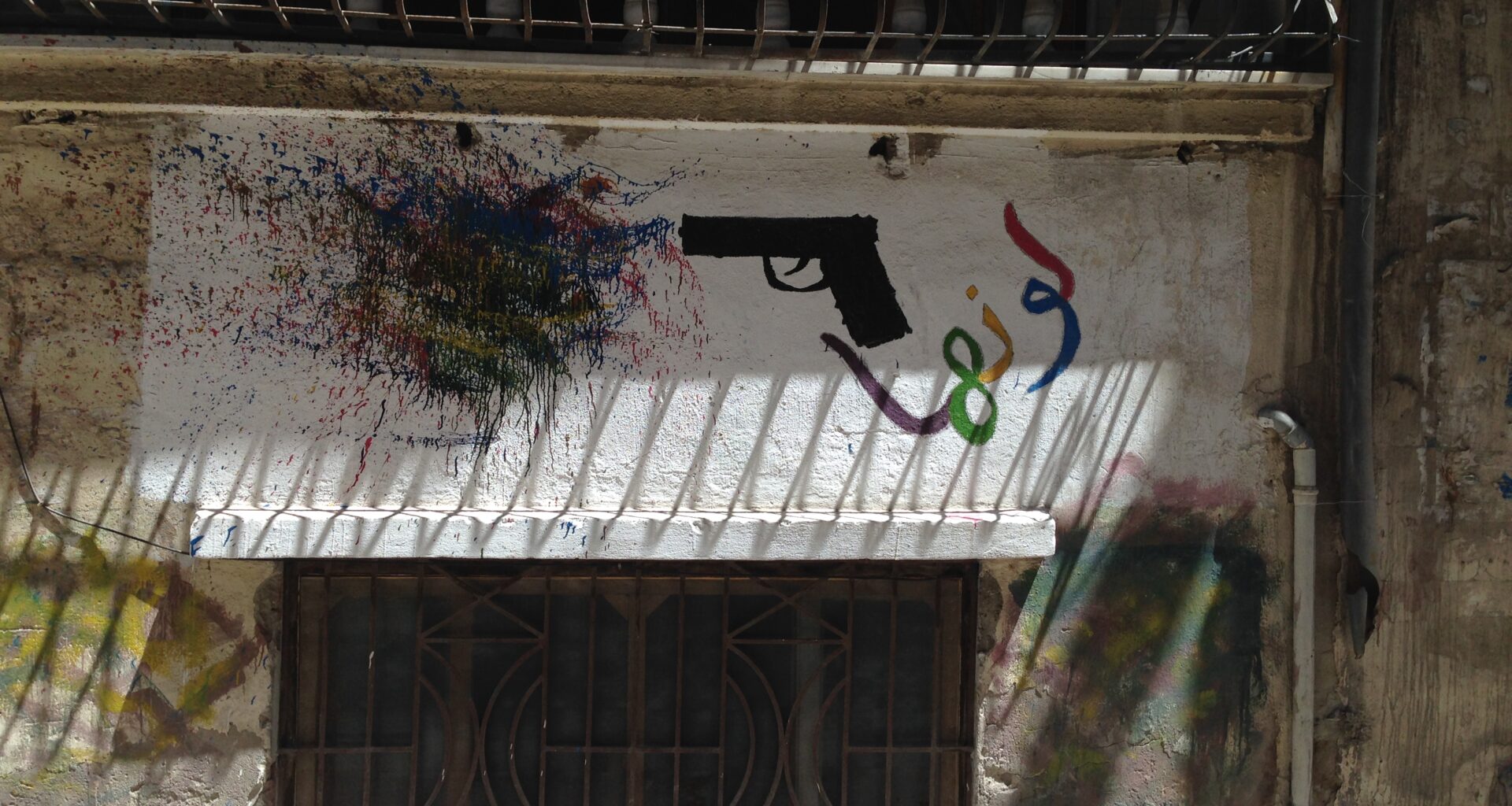The United Nations on Tuesday called for immediate de-escalation and the protection of civilians as violence intensifies in multiple parts of Syria at a briefing in New York. Inter-ethnic violence erupted between Sunni Bedouin tribal fighters and Druze militias in Sweida after a Druze merchant was abducted on the highway to Damascus and was met with government intervention and Israeli airstrikes.
The UN spokesperson stressed that medical services are overstretched and essential services have been disrupted, according to reports from UN humanitarian partners in Sweida. The UN Deputy Special Envoy also informed that there is still a lot of ongoing activity by ISIL, and highlighted that Syria’s health systems remain overwhelmed amid a worsening cholera outbreak. Under international humanitarian law, all parties to the conflict are obligated to protect civilians, avoid targeting civilian infrastructure, and ensure unimpeded humanitarian access.
Spokesperson for the Secretary-General, Stéphane Dujarric, highlighted:
The Secretary-General is alarmed by the continued escalation of violence in Suweida, a Druze-majority area, which has reportedly claimed the lives of hundreds of people, including civilians, and injured and displaced many more. He unequivocally condemns all violence against civilians, including reports of arbitrary killings and acts that fan the flames of sectarian tensions and rob the people of Syria of their opportunity for peace and reconciliation after fourteen years of brutal conflict.
UN Special Envoy for Syria, Geir Pedersen, also highlighted the gravity of the situation, saying, “[t]he risks of further escalation in the region are not hypothetical – they are immediate, severe, and risk unraveling the fragile progress toward peace and recovery in Syria.”
This comes just days after Amnesty International urged the Syrian president to ensure the publication of all the findings of a fact-finding committee’s investigation into the targeted killings of members of Syria’s Alawite minority. This also comes after the new government of Syria was urged to address the country’s history of human rights abuses. Further, this comes at a time when regional tensions are rising amid cross-border incidents, with multiple strikes reported near the Turkish border in January and recent clashes between Kurdish-led Syrian Democratic Forces and Turkish-backed factions. This also comes after Syria was urged to comply with international law by the UN Commission of Inquiry on Syria in December 2024.
